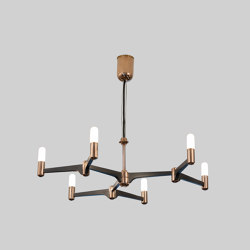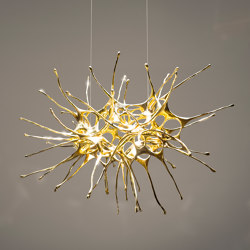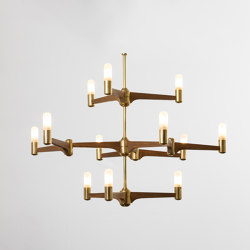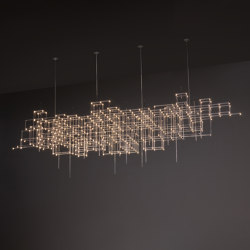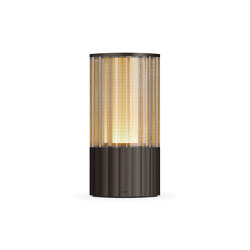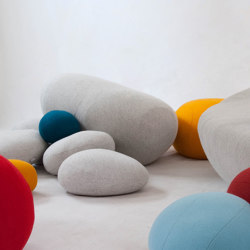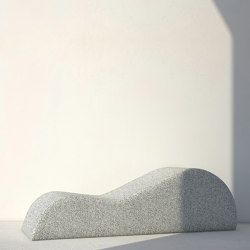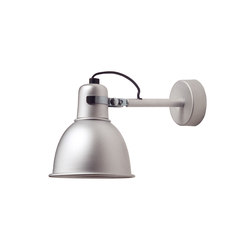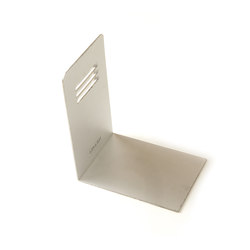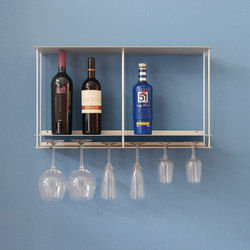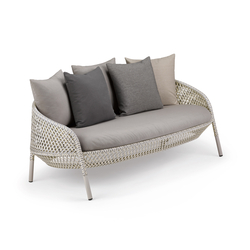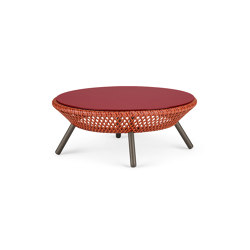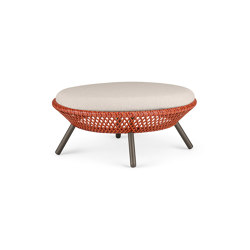About VERONESE
MORE ABOUT VERONESE
The Veronese story begins in 1931 – the heyday for the decorative arts in Paris. Following the launch of the first International Exposition of Modern Industrial and Decorative Arts in 1925, the City of Light witnessed an ever-increasing demand for distinct yet modern high-end designs. The late Mr. Barbier, passionate about the decorative arts, recognized the opportunity and established The House of Veronese. Seeing the potential for glass blowing to meet the demands of the 1930s market for exclusive modern design, Mr. Barbier set out to create Murano glass decorative art within the style of modern French design.Barbier’s desire to influence art with art inspired him to name his company The House of Veronese. Paolo Veronese was an influential Renaissance painter who made a significant impression on the world of art and design. His impact on design is unique, since it only materialized around 400 years after his death when in the 1920s his rendition of a distinct glass vase in his painting “The Annunciation” inspired glass blowers to actually create the vase. Since then, various artists have turned to Veronese’s vase for inspiration. Just as Paolo Veronese’s art influences them to innovate, The House of Veronese influences the imagination of the Murano artisans.
The Early Years with Andre Arbus
In the early years, Barbier’s determination to fuse the prestige of the traditional Murano glass techniques with modern French design inspired him to work closely with renowned architects such as Andre Arbus – a leader in the field of 20th century decorative arts with a reputation for innovative designs. Given Arbus’s renewed interest in the Neoclassical style – but with a fresh twist – and his love of luxurious materials, he was a perfect match for Veronese.
With Arbus leading the creative direction on all his projects and The House of Veronese driving the design process, innovative French style decorative arts incorporating fine Murano glass furnish the many mansions, ships and landmark buildings for which Arbus received commissions. Over the years, to assure the quality of his designs, Arbus chose to work closely with Veronese on all his projects involving Murano glass. It was during this period that The House of Veronese created for Arbus such original and influential designs as the 1938 monumental Cascade chandelier designed for Ms. Peterson’s residence, the Murano glass ceilings of the Provence luxury cruise liner’s dining room and cabins in 1951, the coffered ceiling and obelisks for the Bretagne luxury cruise liner in 1952, and chandeliers and sconces for Arbus’s own mansion, including his famous ”Jets d’eau” chandelier.
Establishing an International Presence
Barbier quickly realized his vision and succeeded in establishing The House of Veronese as the emissary of Parisian design excellence in luxury Murano glass. In the late 1970s, riding the wave of their success, The House of Veronese continued to pursue significant contracts with world-renowned architects. As business expanded into new regions, these projects became more extensive and illustrious. From Africa to the Middle East and throughout Europe, The House of Veronese delivered the finest Murano designs to hotels, royal palaces, restaurants, shopping malls, and airports.
Breaking into Design
Following sixty years of success working closely with architects around the world, The House of Veronese expanded its business by collaborating with internationally acclaimed designers. Together with the likes of Chantal Thomas, Hilton McConnico, Olivier Ganere, Maurizio Galante and Tal Lancman, to name just a few, Veronese collections were created year on year. Since 2000, when the first Veronese collection was launched, The House of Veronese has positioned itself at the forefront of French design by working in partnership with many innovative designers. The House of Veronese has provided their Murano design expertise and their long-standing relationship with the Murano masters, while designers have breathed new creative energy into Murano design. The diverse creative energy brought about by these collaborative efforts has allowed Veronese to both challenge the Murano masters and to continue to deliver innovative Murano decorative arts within the spirit of French design.
Today
The House of Veronese continues to pursue its legacy as set out by Barbier in 1931 – the fusion of Murano traditions with French design – while also maintaining the spirit of discovery and experimentation. Today, Veronese makes a concerted effort to inspire each and every creative force behind Veronese designs – master artisans, architects and designers alike – in order to explore new ideas and materials that could further enhance Murano design traditions. Whilst remaining committed to these traditions, the creative team continuously seeks out new talent to bring something fresh to the yearly Veronese collections. Every day is a new day at Veronese.
The Veronese story begins in 1931 – the heyday for the decorative arts in Paris. Following the launch of the first International Exposition of Modern Industrial and Decorative Arts in 1925, the City of Light witnessed an ever-increasing demand for distinct yet modern high-end designs. The late Mr. Barbier, passionate about the decorative arts, recognized the opportunity and established The House of Veronese. Seeing the potential for glass blowing to meet the demands of the 1930s market for exclusive modern design, Mr. Barbier set out to create Murano glass decorative art within the style of modern French design.Barbier’s desire to influence art with art inspired him to name his company The House of Veronese. Paolo Veronese was an influential Renaissance painter who made a significant impression on the world of art and design. His impact on design is unique, since it only materialized around 400 years after his death when in the 1920s his rendition of a distinct glass vase in his painting “The Annunciation” inspired glass blowers to actually create the vase. Since then, various artists have turned to Veronese’s vase for inspiration. Just as Paolo Veronese’s art influences them to innovate, The House of Veronese influences the imagination of the Murano artisans.
The Early Years with Andre Arbus
In the early years, Barbier’s determination to fuse the prestige of the traditional Murano glass techniques with modern French design inspired him to work closely with renowned architects such as Andre Arbus – a leader in the field of 20th century decorative arts with a reputation for innovative designs. Given Arbus’s renewed interest in the Neoclassical style – but with a fresh twist – and his love of luxurious materials, he was a perfect match for Veronese.
With Arbus leading the creative direction on all his projects and The House of Veronese driving the design process, innovative French style decorative arts incorporating fine Murano glass furnish the many mansions, ships and landmark buildings for which Arbus received commissions. Over the years, to assure the quality of his designs, Arbus chose to work closely with Veronese on all his projects involving Murano glass. It was during this period that The House of Veronese created for Arbus such original and influential designs as the 1938 monumental Cascade chandelier designed for Ms. Peterson’s residence, the Murano glass ceilings of the Provence luxury cruise liner’s dining room and cabins in 1951, the coffered ceiling and obelisks for the Bretagne luxury cruise liner in 1952, and chandeliers and sconces for Arbus’s own mansion, including his famous ”Jets d’eau” chandelier.
Establishing an International Presence
Barbier quickly realized his vision and succeeded in establishing The House of Veronese as the emissary of Parisian design excellence in luxury Murano glass. In the late 1970s, riding the wave of their success, The House of Veronese continued to pursue significant contracts with world-renowned architects. As business expanded into new regions, these projects became more extensive and illustrious. From Africa to the Middle East and throughout Europe, The House of Veronese delivered the finest Murano designs to hotels, royal palaces, restaurants, shopping malls, and airports.
Breaking into Design
Following sixty years of success working closely with architects around the world, The House of Veronese expanded its business by collaborating with internationally acclaimed designers. Together with the likes of Chantal Thomas, Hilton McConnico, Olivier Ganere, Maurizio Galante and Tal Lancman, to name just a few, Veronese collections were created year on year. Since 2000, when the first Veronese collection was launched, The House of Veronese has positioned itself at the forefront of French design by working in partnership with many innovative designers. The House of Veronese has provided their Murano design expertise and their long-standing relationship with the Murano masters, while designers have breathed new creative energy into Murano design. The diverse creative energy brought about by these collaborative efforts has allowed Veronese to both challenge the Murano masters and to continue to deliver innovative Murano decorative arts within the spirit of French design.
Today
The House of Veronese continues to pursue its legacy as set out by Barbier in 1931 – the fusion of Murano traditions with French design – while also maintaining the spirit of discovery and experimentation. Today, Veronese makes a concerted effort to inspire each and every creative force behind Veronese designs – master artisans, architects and designers alike – in order to explore new ideas and materials that could further enhance Murano design traditions. Whilst remaining committed to these traditions, the creative team continuously seeks out new talent to bring something fresh to the yearly Veronese collections. Every day is a new day at Veronese.
MORE ABOUT VERONESE

